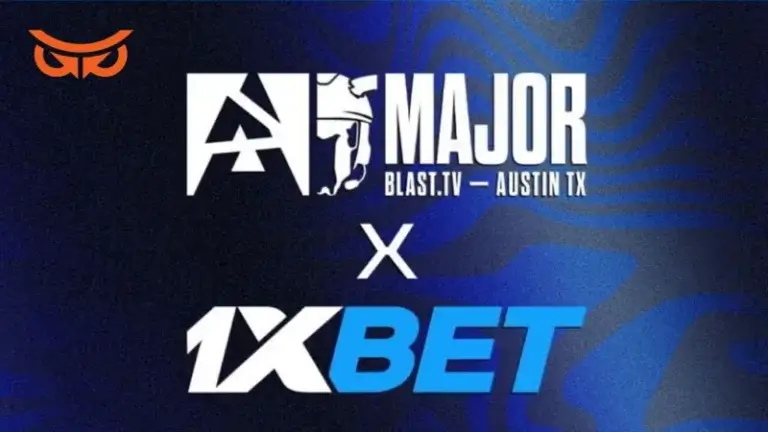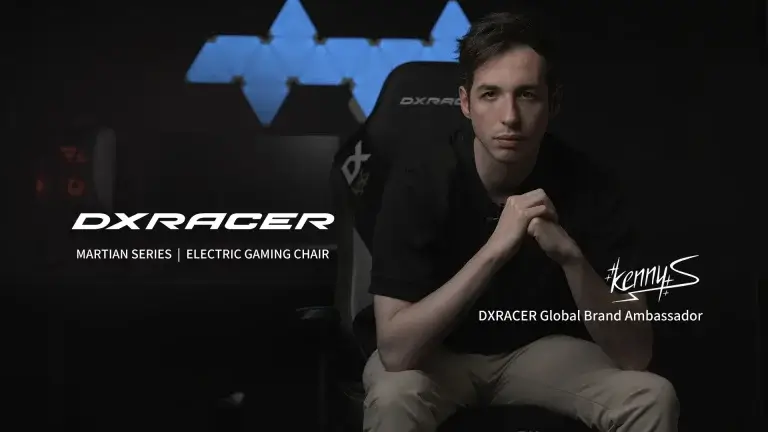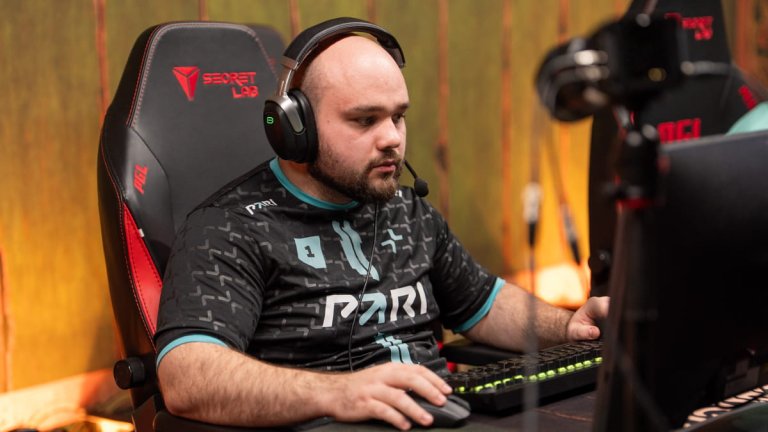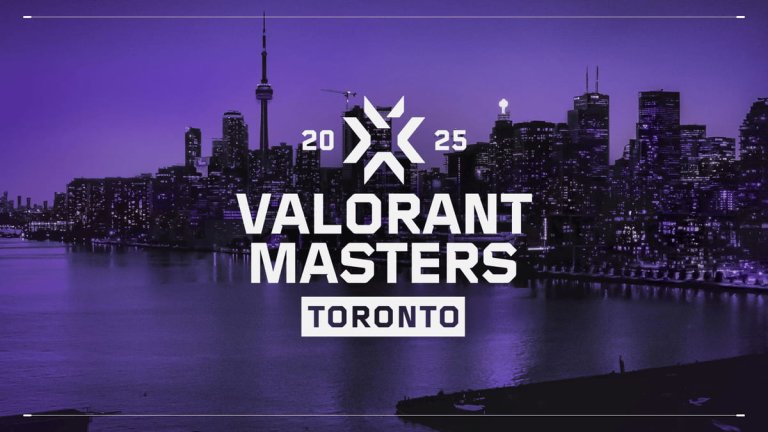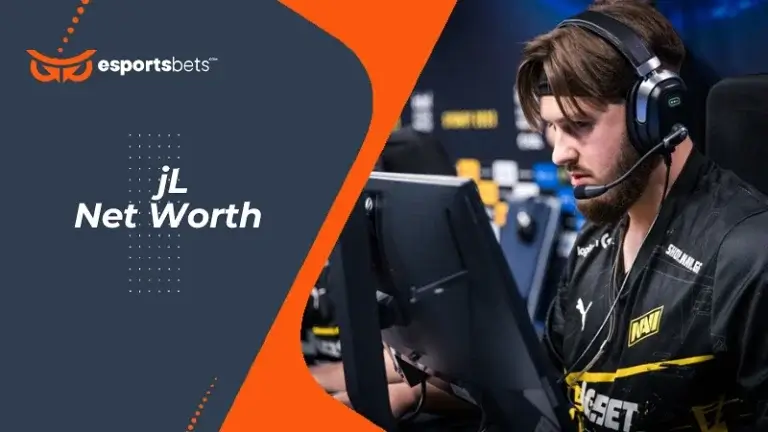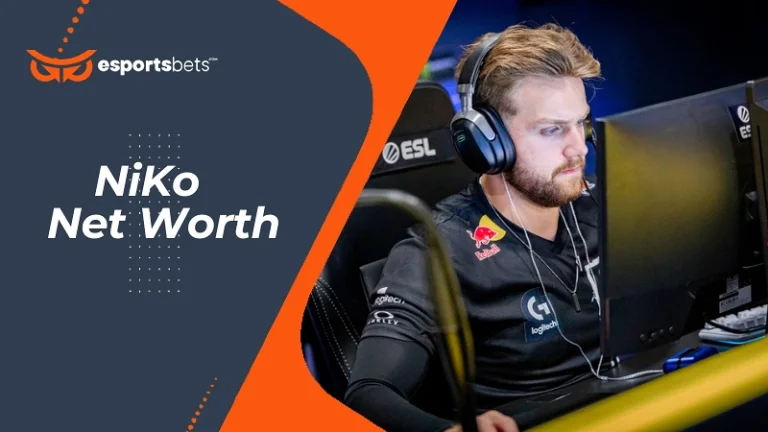Why Aren’t The Bestselling Sports Games Dominating Esports?
There is no disputing sports games clock in each year among the most popular gaming titles in the world. In October, Forbes published a list of the top-selling games of the previous 12 months. Three sports games landed inside the top 10. NBA 2K18 (third), Madden NFL 2018 (fourth), and NBA 2K17 (ninth) all registered massive sales during that period.
Those figures were just for sales in the United States too. Consider the worldwide appeal of games such as FIFA 2018 or F1 2018 for global examples.
Yet somewhat strangely, when it comes to the esports industry, sports games are conspicuously absent. EA Sports does run its own esports World Cup for FIFA, but in terms of top-level esports gaming that attracts fans in the millions and high-quality sponsorship, sports-based esports lag way behind League of Legends, CS:GO, and Dota 2.
Why is this a losing game?
Mark Deppe, the acting director for the University of California’s esports program, reckons he knows the reason why these games are not iconic esports offerings. Speaking on Jim Cramer’s Mad Money, Deppe explained this counterintuitive issue.
“I’m a little less bullish on the NBA games just because, one, the viewership’s not there right now,” he said. “It’s probably the 50th or 60th most-watched esport … It has to be a balanced game, a fair game going into it, so they actually take out the actual players and their faces and names, so you are essentially playing with kind of nameless avatars.”
While not hitting it explicitly, Deppe heavily implies the problem here. Sports games reflect real life. And some teams are better than others.
The importance of fairness
The issue of parity is absolutely fundamental to esports gaming. Whether playing as a team or individually, you would not want to go into a competitive esports event against a rival knowing their team or is significantly better, faster, or more powerful than your own.
Even with games like League of Legends, in which players can ban certain characters and select from a wide range of alternatives, game developers monitor the characters to ensure none are too powerful or too weak. If they suspect this is becoming the case, then they make updates to the software. In other words, characters can be “buffed” (improved) or “nerfed” (diminished) to ensure a fair game.
In a sports game though, this is far more difficult to achieve. Take Madden 2018 as an example. Legendary quarterback Tom Brady rates higher than middling quarterbacks like Marcus Mariota. Anyone who plays sports games knows this. They also know player ratings culminate in team ratings meant to reflect real-life quality for a given season.
[cta id=2581 type=geo]A litany of structural problems
Of course, it is entirely possible for players to select the same team and play against each other that way. However, that goes against the reason a lot of people play these games: to try out the matchups and captain their favorite teams.
Another option, playing with equal teams of randomly generated players with the same skill levels and attributes, is equally unattractive to sports gamers. It diminishes the in-game realism and sucks out the appeal of controlling real, famous players.
But this rabbit hole of problems descends even further. In past versions of FIFA, for example, players who have high pace ratings are generally more in demand than players with greater skills in other areas. Many gamers adjust their strategies to utilize pace more than other aspects of the game.
It is this innate inequity in current and past versions of FIFA, Madden, and NBA 2K that render them somewhat unattractive to esports players, sponsors, and audiences.
So what’s the answer for these companies if they want to branch out into the burgeoning world of esports? Let’s see what we can learn from one success story.
Why has Rocket League found esports success?
Rocket League essentially replicates soccer but with a big twist. Instead of real football players running around, two teams of vehicles propel the ball around the arena. They employ power-ups and other tactics to score goals. Each team requires single or multiple gamers to control standardized vehicles, which ensure parity.
Crucially, Rocket League developer Psyonix decided to offer the title as a purchasable game with only cosmetic downloadable content. This also ensures no players have additional advantages beyond their own skill.
Of course, sports fans may balk at such modifications in FIFA 18 (or other sports games). Is there some middle ground to strike between realism and fantasy?
Variations specifically for esports
Sports game developers want to be part of the esports boom. Sitting it out or remaining on the fringes costs them money and publicity.
As such, I think the only solution is for companies to offer dedicated esports versions of their games. It could come free with a purchase of the game or as a downloadable option.
The esports version would retain the main characteristics of the original sports game, but players could perhaps ban teams from using certain players. In-game buffing and nerfing options could mirror esports methods and level the playing field.
While it would take some real development work, this approach retains some of the realism of the given sport while also catering to esports possibilities.
Editorial credit: rkl_foto / Shutterstock.com
